Finances
What Is a Bad Credit Score? (And How to Fix It!)
Discover the factors that contribute to a low score and gain practical insights on how to turn your financial fortunes around.
Advertisement
A bad score can mean limited access to cards and loans

What is a bad credit score? Sometimes we need to understand more about our finances and how it works.
Also, in today’s financial landscape, your credit score wields significant power, influencing everything from loan approvals to interest rates. So, you can read on to learn all about your score!
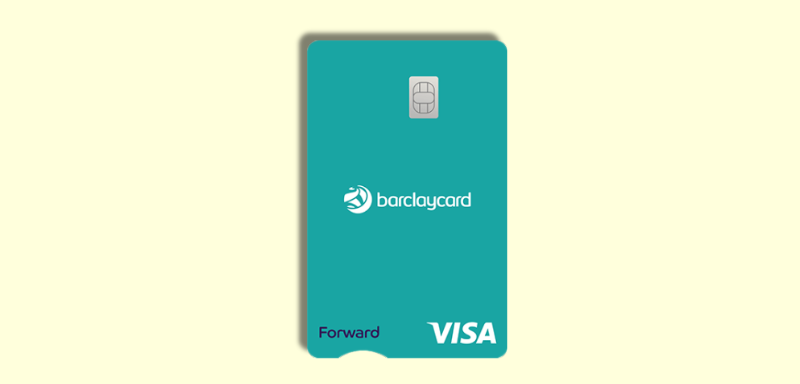
Barclaycard Forward Credit Card Review
Uncover the pros and cons of the Barclaycard Forward Credit Card – from scheduled rate reductions to exclusive event discounts!
What is considered a bad credit score?
While every credit reference organization has a different scoring system, generally speaking, a higher score means your application will have a better chance of being approved.
Also, while a low score might result in higher interest rates and fewer credit opportunities, it does not guarantee that an application will be rejected.
Therefore, affordability and past account history are taken into account by lenders and service providers.
Moreover, the lowest possible Experian credit score is 0. Your score cannot be lower than zero.
Also, your credit score may be calculated differently and fall into different ranges by different credit reference agencies.
What factors contribute to a low credit score?
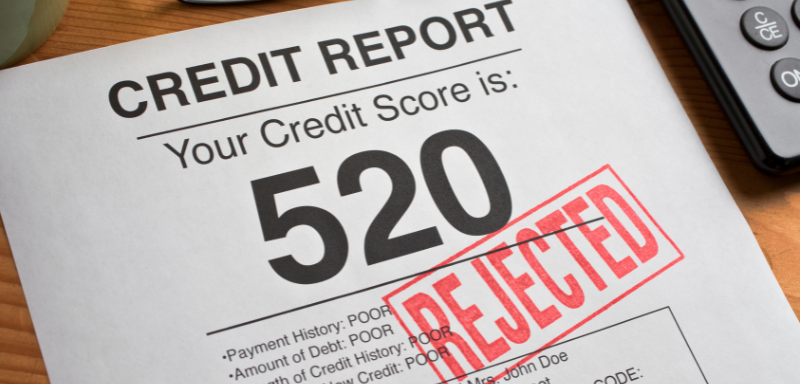
Lenders’ perceptions are reflected in your credit score. Lenders may view a number of items on your credit report adversely if your credit score is low.
Also, for instance, if you pay late, lenders can assume that you won’t make your payments on time, which might result in a reduction in your credit score.
Moreover, your score is influenced by several things, some more so than others.
For instance, a single late payment won’t have the same impact on your credit score as declaring bankruptcy.
How does having a bad score impact your finances?
Your credit score may affect your financial status, whether you know it or not. Even in situations where debt is little, that is accurate.
Therefore, being aware of your credit score might be really beneficial. Now that you are aware of it, you can take the proper steps to make your situation better.
Obtaining a mobile phone contract, home utility, or internet provider may provide challenges if your credit score is deemed “very poor.”
Therefore, you may also have more difficulty getting authorized for a mortgage, credit card, or personal loan because lenders analyze credit scores to determine a borrower’s reliability.
Also, a lender may request a higher interest rate if they approve you despite having a low credit score in order to lessen the chance that you won’t be able to repay them.
There’s also a chance that you’ll discover that there are borrowing restrictions.
This way, lenders are unlikely to provide you with promotional rates and bonuses if your credit score is low since they keep their greatest bargains for clients with the best credit scores.
How can you check your credit score in the UK? Is it free?
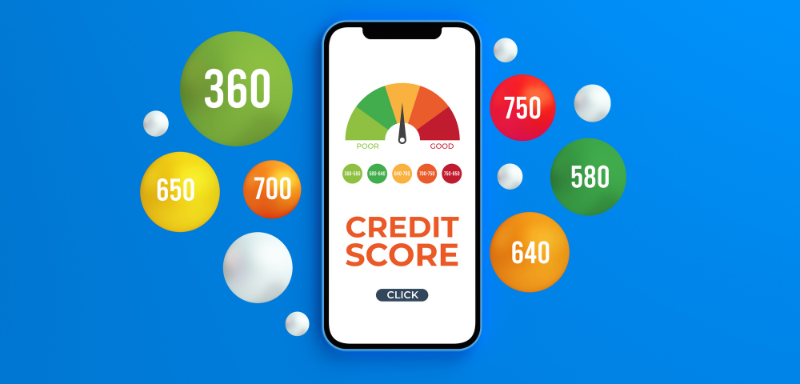
You can check your credit score for free at any time through multiple different credit companies.
For example, Experian offers the best free credit score available in the UK, so no matter where you are in the credit application process, you can be sure you’re in good hands.
Therefore, you’ll be able to keep track of your credit score for free at any time. Moreover, this can be crucial to help you improve your finances over time.
Build your credit score in 6 simple steps!
Embarking on a journey to repair your credit can seem daunting, but understanding the factors that contribute to a low score is the first step toward improvement.
Also, from establishing a solid payment plan to disputing inaccuracies on your credit report, we’ll delve into actionable strategies that can help you regain control of your financial standing.
1 – Open a bank account
Keeping up a bank account begins to improve your credit history and demonstrates to potential employers that you are a responsible financial citizen.
Also, aim to stay far below the limit and pay off any overdraft as soon as you can; a reasonable guideline is to utilize no more than 25% of the available cash.
2 – Start using a credit card
The bank could also be willing to provide you with a credit card so you can establish credit if you’ve established an account and are handling it properly.
Moreover, your score will rise. This way, your credit history will be clean if you pay it off each month on schedule and in full.
3 – Pay your bills on time

If you make all your payments on time, you’ll be able to improve your credit score.
Therefore, we recommend that you always set up alerts to remember to pay all your bills.
4 – Register on the electoral roll
Voter registration is a simple and quick process, regardless of whether you live at home or in shared accommodation.
Moreover, this information is essential to establishing your credit history. This is because lenders require it to verify that your name and address are accurate and current.
For example, you may add a brief note of correction to your Experian Credit Report noting that you are not eligible to register on the electoral roll if you are not a citizen of the United Kingdom.
5 – Don’t make too many credit applications
Applying too frequently in a short amount of time might give the impression that you are desperate or too dependent on credit.
Instead, space out your applications. The “hard search” that lenders do as part of the application process could have an effect on your credit report.
Although it’s a good idea, we advise you to check lender criteria no more frequently than once every three months.
Now that you know so much more about your credit score and how it works, you can keep learning about your finances!
Therefore, you can read our other blog posts that can help you live a better and healthier financial life.
6 – Don’t move out many times
Establishing a connection between your residence and bank activities may help avoid fraud.
Furthermore, you are probably secure if you stay in one place for an extended amount of time.
If you’ve enjoyed these tips, keep around the Credit Cash Exchange. We have many articles about finances to help you boost your financial management and improve your life.
And while we’re talking about credit scores, what about a credit card that can help you improve yours? Take a look at our Marbles Credit Card full review on the following!
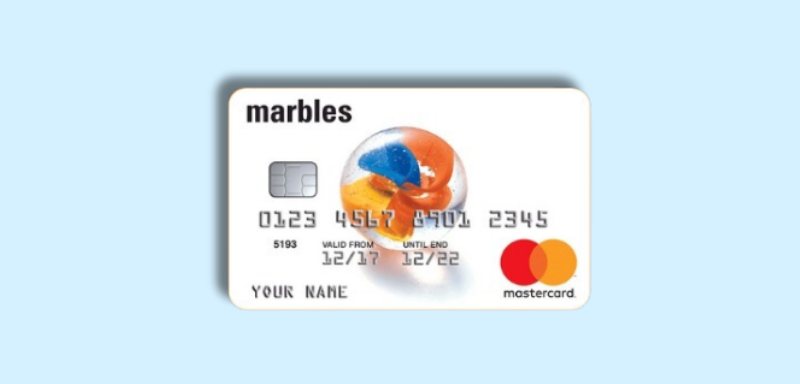
Marbles Credit Card: No annual fee!
See our Marbles Credit Card review to learn how you can use it to build your credit score and manage your finances with ease!
Trending Topics

MBNA Platinum Credit Card review: A Balanced Choice!
Dive into the MBNA Platinum Credit Card, featuring a low APR, 0% interest on purchases, and balance transfers —perfect for savvy spenders.
Keep Reading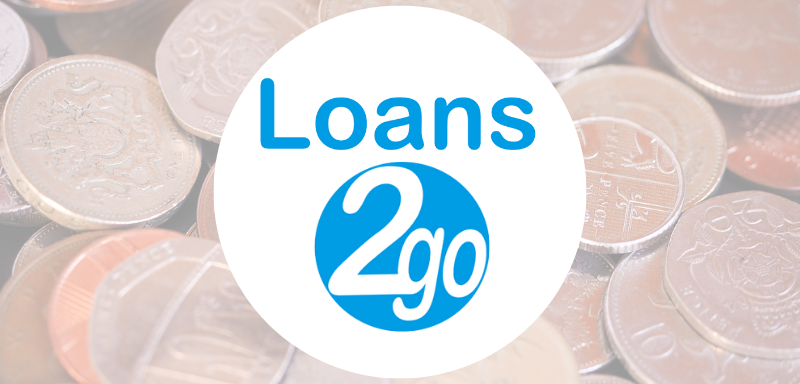
Loans 2Go Personal Loan Review: no fees charged!
Are you prepared to witness your long-awaited plans turn into reality? If so, count on Loans 2Go on this journey! Click here to find out how!
Keep Reading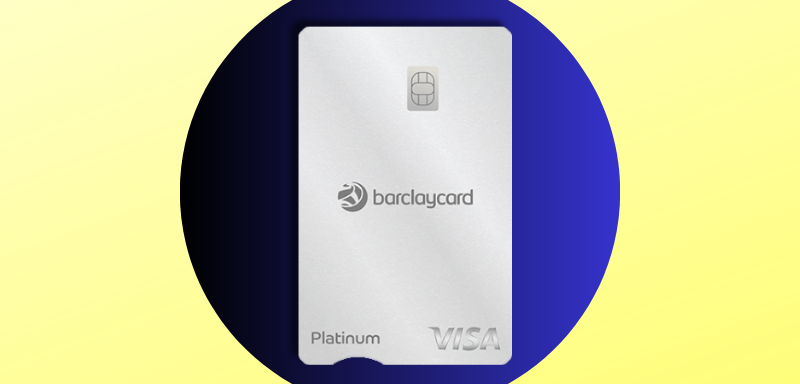
Barclaycard Platinum Credit Card review: Long interest-free!
Uncover the pros and cons of the Barclaycard Platinum Credit Card in our comprehensive review. No annual fee and 0% intro interest!
Keep ReadingYou may also like

Amazon Barclaycard Credit Card: Shop Smart and Get Rewarded
Discover everything about the Amazon Barclaycard Credit Card: a no-annual-fee option packed with rewards for UK Amazon shoppers.
Keep Reading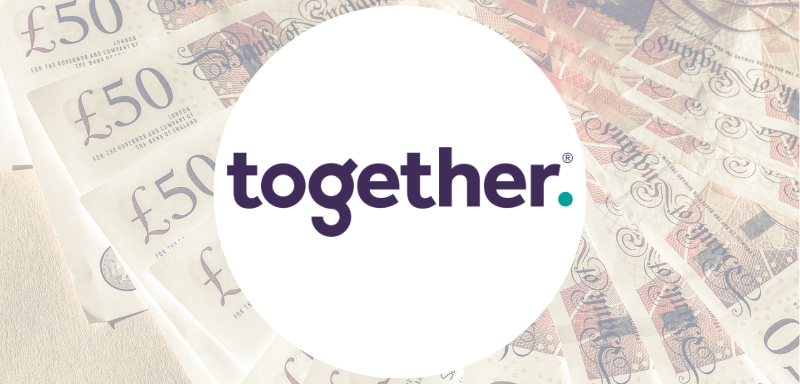
Together Secured Homeowner Loan Review: No ERCs!
Discover the pros and cons of the Together Secured Homeowner Loan in our comprehensive review. See the flexibility and more!
Keep Reading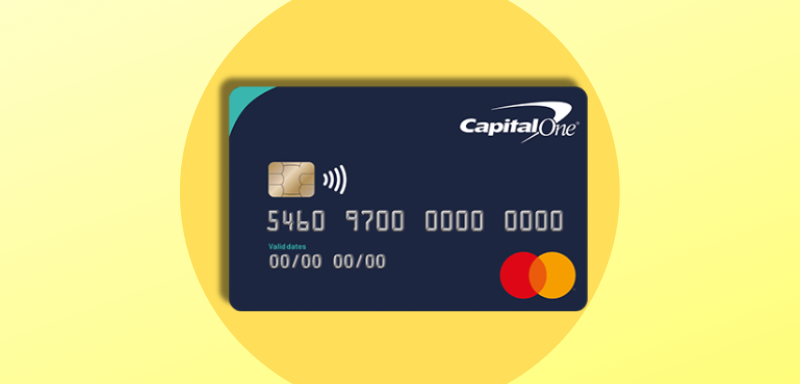
Capital One Classic Credit Card review: No annual fee!
Is the Capital One Classic Credit Card right for you? Dive into our review to learn all about how this card can help you rebuild credit!
Keep Reading